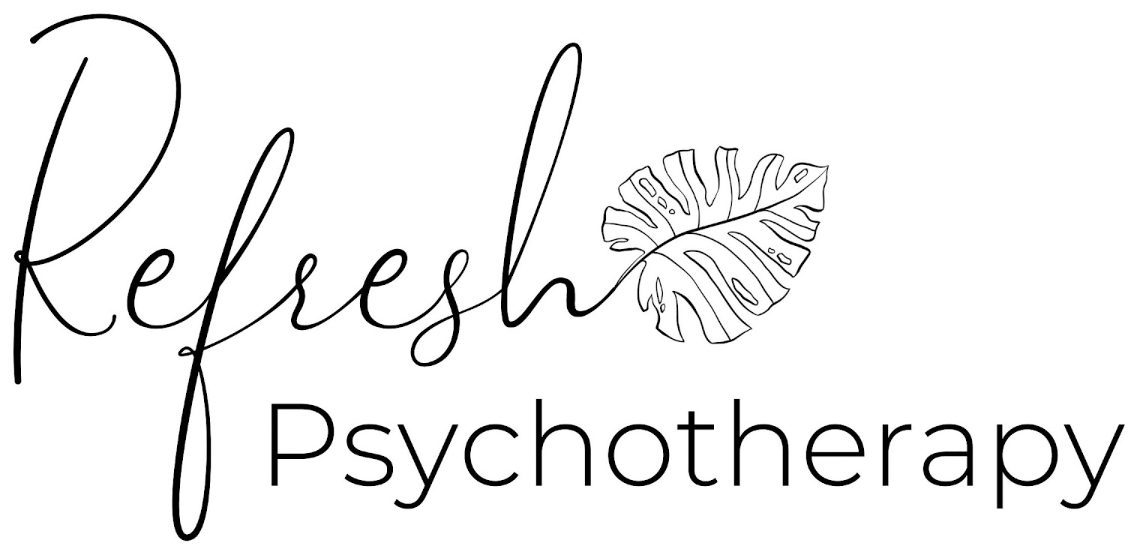
What Is Neurodivergent-Affirming Care and Why Does It Matter?
Mental health treatment has historically pathologized neurodivergence—treating autism, ADHD, and other cognitive differences as deficits to be corrected. Neurodivergent-affirming care takes a radically different approach. Instead of trying to make someone appear or behave neurotypical, this model recognizes neurological differences as valid, meaningful variations in the human brain. In short: neurodivergent-affirming care rejects the idea that being different is being disordered.
At its core, neurodivergent-affirming care is grounded in the principles of the neurodiversity movement (Singer, 1999; Kapp, 2020). It emphasizes acceptance, autonomy, and authenticity over compliance, masking, or assimilation. Clinicians practicing affirming care aim to support the individual’s well-being—not just their functionality in neurotypical systems. For example, instead of teaching an autistic person to make eye contact because it’s socially expected, a neurodivergent-affirming provider would explore whether eye contact causes distress and whether it’s actually necessary for meaningful connection.
This approach matters because traditional interventions, particularly those rooted in behaviorism, have often been harmful to neurodivergent individuals. Research has shown that masking—suppressing natural behaviors to appear neurotypical—is linked to increased anxiety, depression, and suicidality in autistic adults (Cage et al., 2018; Cassidy et al., 2018). Neurodivergent-affirming care provides space to unlearn masking and begin exploring what it means to be one’s true self.
Affirming care also recognizes that many mental health challenges in neurodivergent people are not intrinsic to their neurotype, but rather the result of chronic invalidation, trauma, sensory overwhelm, and inaccessible environments (Botha et al., 2022). Instead of diagnosing these responses as standalone disorders, affirming clinicians take context into account and work collaboratively to build sustainable coping strategies that align with the individual’s needs—not societal expectations.
In practice, neurodivergent-affirming care might look like:
- Supporting stimming as a form of self-regulation rather than discouraging it.
- Recognizing that burnout in autistic individuals is real and distinct from depression (Raymaker et al., 2020).
- Questioning assumptions around “independence” and instead focusing on interdependence and sustainable living.
- Using identity-first language if the client prefers it, based on the growing consensus among autistic adults (Kenny et al., 2016).
Neurodivergent-affirming care also invites mental health professionals to challenge their own training and biases. Most clinical models were built without neurodivergent input—and certainly without their leadership. To provide affirming care, therapists must be willing to step outside traditional frameworks and make space for different ways of thinking, feeling, and communicating.
Ultimately, affirming care is not a trend—it’s an ethical imperative. As more adults seek support after a late diagnosis or self-identification, they need care that validates their identity, understands their lived experience, and promotes true well-being—not just superficial functioning.
Call to Action (CTA):
At Refresh Therapy NYC, we offer virtual therapy for adults who are looking for affirming, intelligent, and actionable support. Whether you are newly diagnosed or have known you were different your whole life, we understand the unique challenges of being neurodivergent in a neurotypical world.
Written by: Refresh Interns
